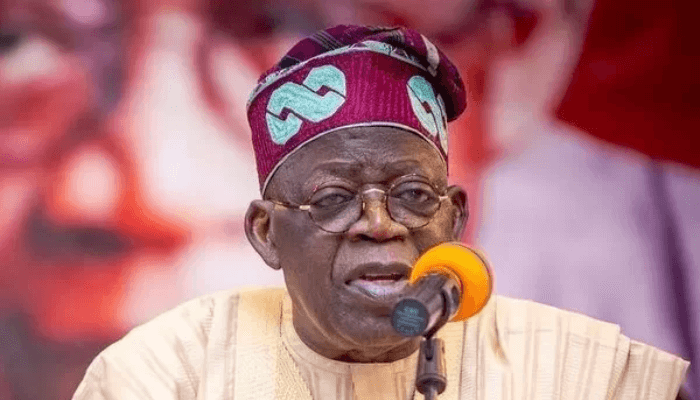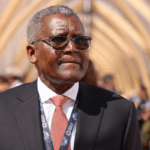The National Orientation Agency (NOA) has revealed that Nigeria's public debt has reduced by over $19 billion since President Bola Tinubu took office in 2023, countering perceptions of a growing debt crisis.
In a clarification issued on October 24, NOA said that misinformation had promoted a misleading narrative about the country's debt burden.
Citing data from the Debt Management Office (DMO), Central Bank of Nigeria (CBN), Ministry of Finance, Federal Inland Revenue Service (FIRS), and international institutions including the International Monetary Fund (IMF), the World Bank and the National Bureau of Statistics (NBS), the agency said Nigeria's debt situation has indeed improved.
According to NOA, Nigeria's total public debt stood at $113.42 billion in June 2023, with a debt-to-GDP ratio of less than 40 percent considered sustainable by the IMF and World Bank. By December 2024, total public debt had fallen to approximately $94.22 billion, a reduction of more than $19 billion in 18 months.
“Nigeria’s debt reduction reflects active management of borrowing and repayment,” NOA said. “Instead of accumulating new debt, the government has made advance payments on existing loans and avoided unnecessary borrowing.”
The agency noted that before the Tinubu administration, debt payments consumed almost all federal revenue, with 97 per cent of it used in the first half of 2023. By the end of 2024, this proportion has fallen to 68 percent and is now under 50 percent by the second quarter of 2025.
The NOA highlighted the government's commitment to meeting its debt obligations, including repayment of the $3.26 billion IMF loan within two years and spending about $7 billion on external debt service during the first 18 months of the administration.
While the debt is manageable, the agency noted Nigeria's continued economic challenges due to its dependence on oil revenues. Efforts to diversify income sources have led to a 30 percent increase in non-oil revenues in the first half of 2024 compared to the same period in 2023.
Also read: Financial literacy important to avoid investment risks – Awirigwe
In the first quarter of 2025, the Nigerian Customs Service collected N1.3 trillion – more than double the N600 billion it collected in the same period in 2023.
NOA said Nigeria's economy is showing signs of recovery, supported by diversification beyond oil. The World Bank estimates GDP growth from agriculture, telecommunications and services will be 3.7 percent in 2024, the highest in a decade after the pandemic.
The report also highlights government investments in infrastructure, agriculture, digital economy and small and medium-sized enterprises (SMEs) to create sustainable revenue streams and reduce oil dependence.











